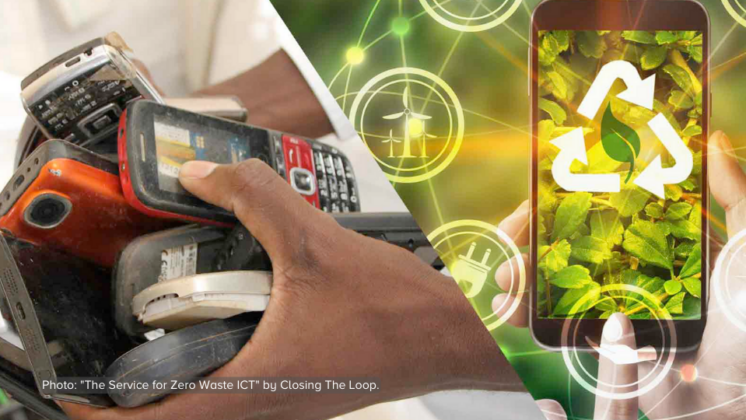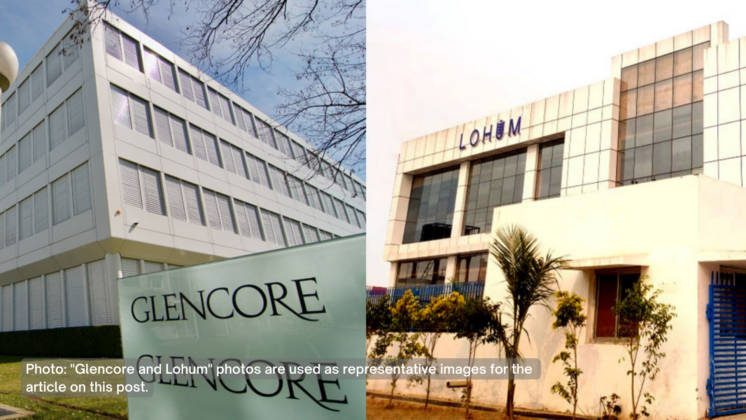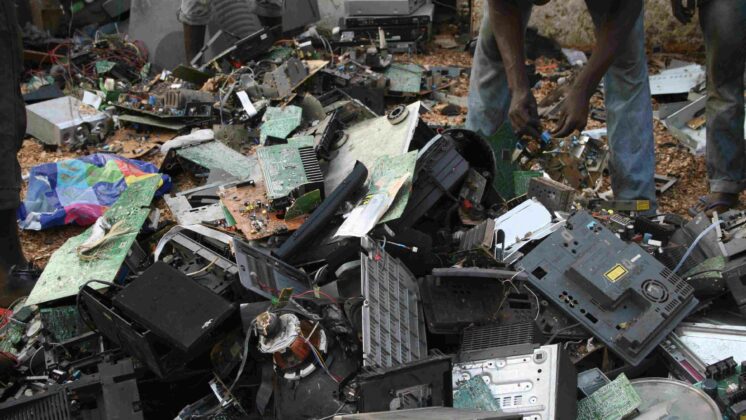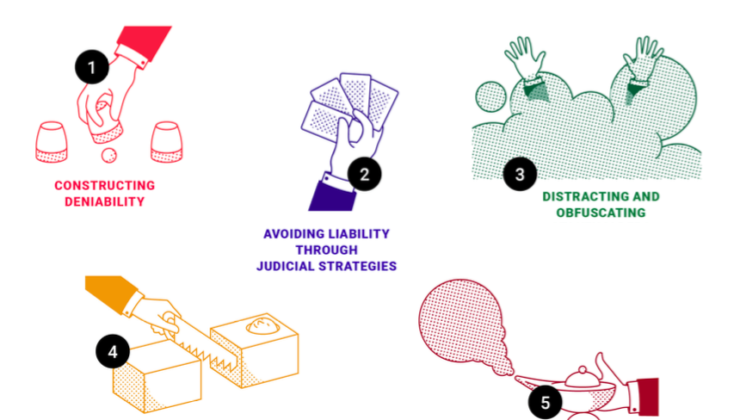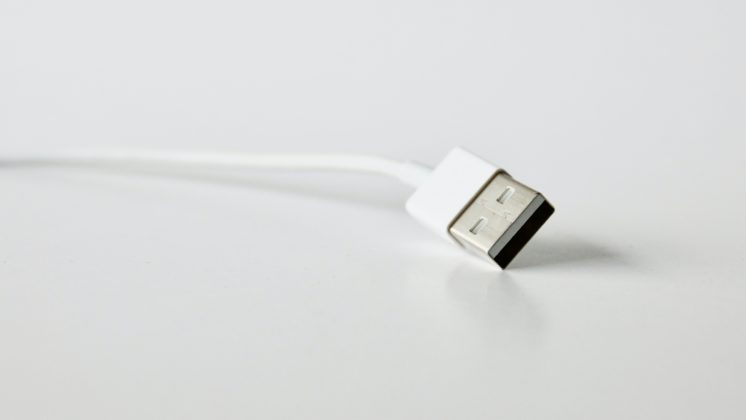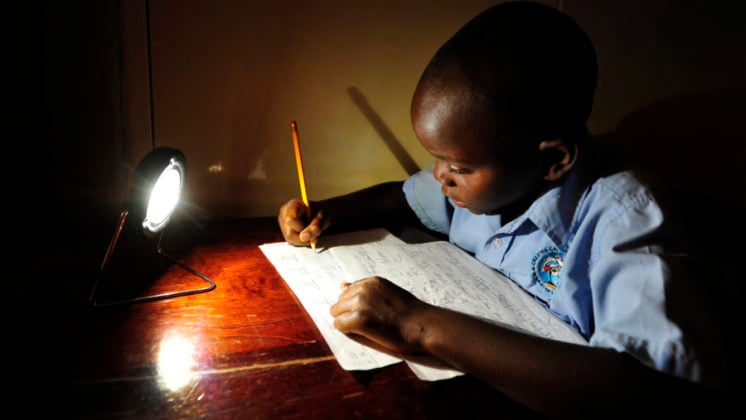The Basel Action Network and its e-Stewards recycler/refurbisher certification program is currently undertaking two initiatives to promote responsible electronics refurbishment. The efforts are designed to reflect the environmental and social preference for longevity, reuse, and refurbishment of electronic equipment rather than disposal or recycling.
“It is best for the environment to insist that manufacturers make products that are designed for a long-life and are repairable,” said BAN Executive Director Jim Puckett, “and then to create incentives for the proper collection, repair, and ultimately recycling of electronic waste in all countries. In most cases, reuse and not recycling should be the first priority for modern, repairable equipment.”
The first initiative was introduced at the last Open-Ended Working Group of the Basel Convention held in Geneva in September of this year. There, BAN led the way by offering a carefully crafted exemption that would allow some high-end electronic equipment, including medical equipment to be exported outside of the control procedures of the Basel Convention to operators such as Asian equipment manufacturers for refurbishment. BAN is seeking to break the impasse between developing countries and manufacturers and reach a workable compromise to allow some small flows for very responsible refurbishment as long as the residual material from such refurbishment operations would not be allowed to remain in developing countries and violate the international Basel Ban Amendment.
The second initiative is to seek a more liberal interpretation of when a second-hand laptop or phone battery should be considered waste. Currently, the international guidelines require a one-hour minimum charge on laptop or phone batteries. While well intended to prevent the dumping of lithium-ion batteries, this guideline is, unfortunately, resulting in thousands of laptops, that could otherwise find a second-life as refurbished equipment, being shredded and scrapped.
The e-Stewards Certification program, created and administered by BAN will, with the help of its Technical Committee, be revising and implementing a new set of requirements in its e-Stewards Standard for testing and minimum state of health for used batteries. This will allow more used batteries to be considered non-waste, and thus able to be reused.
In BAN’s view, fostering greater reuse rates is compatible with ensuring that developing countries are not used as dumping grounds for electronic waste – a policy position that BAN has promoted for over a decade. The Basel Ban Amendment, an international agreement already ratified by 80 countries and on the cusp of entering international legal force, makes it illegal to export hazardous waste to developing countries from developed countries and is widely associated with the Basel Action Network.
The e-Stewards program recently announced a new e-Stewards Marketplace (www.e-Stewardsmarketplace.com), an e-commerce site, where refurbishable equipment will be able to be traded among e-Stewards Certified Recyclers and then refurbished and sold to businesses around the world to enhance greater re-use rates.”With care and intelligence and proper application of the Basel Convention obligations, it is very possible to bridge the digital divide without creating a digital dump,” said Puckett. “That is our goal.”


